Basic sanitation and clean water supply have been recognized as public health issues, social dignity and a human right. 70,000 children under the age of five however lose their lives yearly as a result of lack of access to improved water and sanitary environment.
Every person and household deserves adequate access to clean water and safe accessible sanitation for the preservation of human dignity. The hazards and resultant effects of living, surviving, studying and working within unclean environment and with unhygienic water will always include under development and gross ineffectiveness of citizens both mentally, physically and intellectually.
Water is life and most of the earth is covered by water. Currently, we have the shortage of both clean and up to standard water in third world countries. Not to mention that the little water available now is being polluted every now and then. This lack of access to clean water is one of the major causes of poor sanitation, ill-health, poverty and child mortality. Africa’s retrogression and underdevelopment will begin to turn around for good when we take the provision of clean water and safe environment as paramount.
The consequences of poor sanitation and unhygienic water (which have been major challenges in every nook and cranny of Africa) cannot be downplayed. While on one hand, poor sanitation is an accurate indicator of urban poverty. On the other, unhygienic water is a problem faced both by urban and rural communities.
Major causes of the above issues in Africa include disposal of wastewater and defection into fresh water bodies, illegal mining, illiteracy and ignorance, illegal refuse disposal, ineffective implementation and enforcement of government laws and policies.
The effects include but are not limited to poor health, increased mortality rate, transmission of diseases, emission of greenhouse gases, land and water pollution, death of land and water animals, growth of disease-causing germs bacteria and low productivity as a result of ill health of workforce.
In order to nip the obnoxious and notorious problem in the bud, waste should be separated at source, polices should be properly enforced, the need to recycle non-biodegradable substances should be emphasized and Africans should portray good examples.
The role of Africans in solving this problem mainly includes the following: creating awareness and better sewage disposals as per exemplary roles, active participation in policy making, educating the public on proper waste disposal, collaborating with government institutions to achieve clean environment, encouraging and participating in communal sanitation outreaches and collaborating with Non-Governmental Organizations and other related organizations to support clean water projects. In order for concerned organizations and relevant institutions to be rallied or mobilized around the same interest, someone might need to set a challenging and an exemplary pace.
And that’s where we come in as young Africans – as abridgers of the gap.
Therefore, to deploy every means necessary – from media (Internet media, social media, etc) to one-on-one approach, sensitization exercises, advocacy visits to foster communal relationship, to publishing the message on trendy T-shirt brands, wristbands etc. – while taking into cognizance that both government and civil society need to be actively involved in the process.
By Anene, Chikwado Emmanuel





